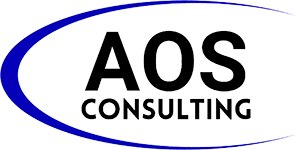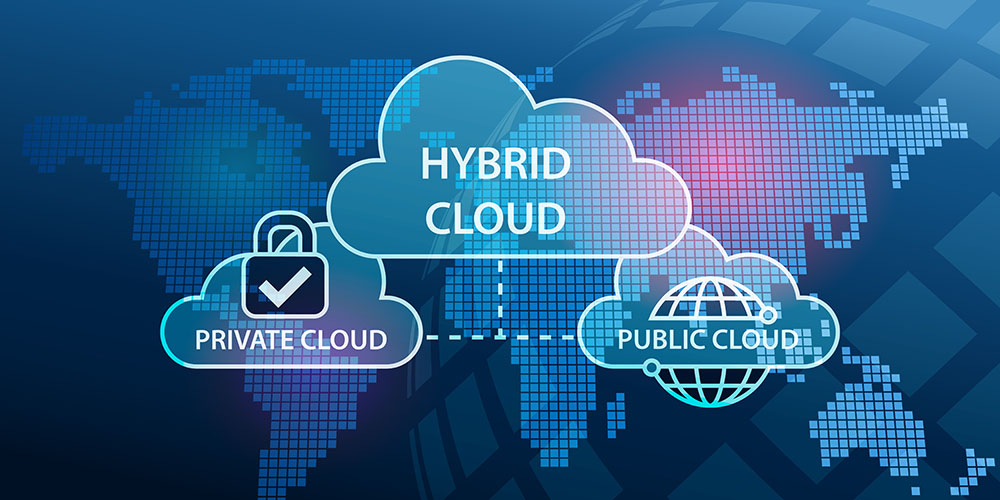Cloud computing, despite varying levels of adoption, has become a common way for a business to avail itself of computing resources without having to maintain expensive infrastructure. Companies can use varying levels of resources, scaling up and down as demand and usage changes. How does a company know which cloud environment is the right one? Read on to learn more about how to make this determination.
What is Hybrid Cloud?
Hybrid cloud is a combination of on premise, third party, private cloud, and public cloud. Some companies have moved all the infrastructure to the Cloud. This could include software as a service (e.g., Customer management system), or also infrastructure as a service for application hosting or Cloud backup. Other companies may choose to keep some services available on premise (at their location) for failover or easy access, while at the same time tapping in to public or private cloud services for off-site redundancy or access to new features that may not be available in legacy systems.
Benefits of Hybrid Cloud
Hybrid Cloud can offer flexibility and agility to a business, allowing you to get the best of both worlds. For example, having files locally can help you backup quickly in the case of ransomware attacks, without having to restore from the cloud. If you are in a disaster recovery scenario when you cannot access your physical location, private or public cloud can give your applications and data from most anywhere.
Hybrid Cloud Considerations
If you are combining on-premise, public cloud and private cloud in your business, it is important to have a solid network infrastructure to avoid bandwidth bottlenecks and loss of employee productivity. Also ensure your applications are compatible with one another. It is common for cloud applications to integrate via an Application Program Interface (API).
Multiple models exist for cloud computing, and hybrid cloud combines the best of both worlds–on-premise, private cloud, and public cloud environment. To learn about this computing model, contact your trusted technology provider today.

